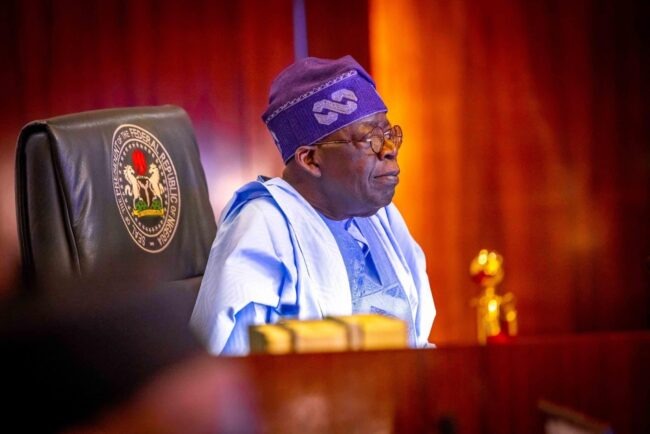THE Civil Society for HIV/AIDS in Nigeria (CiSHAN) has called on President Bola Tinubu to declare a state of emergency in the HIV response to mobilize urgent action.
The South-South Zonal Coordinator for Civil Society for HIV/AIDS in Nigeria (CiSHAN), Dr Bright Oniovokukor, said in a release that governments at all levels must prioritize domestic resource mobilization to ensure the sustainability of HIV efforts.
The release was jointly signed with Hamza Aliyu, the zonal coordinator for North Central for
CiSHAN, said Nigeria needs to look inward for a more sustainable approach, one that prioritizes domestic resource mobilization and addresses the complex social, economic, and cultural factors driving the epidemic in the country.
According to him, challenges before Nigeria’s HIV response included a high prevalence of drug use among youths, funding uncertainty, poverty and economic challenges, and insufficient awareness and sensitization activities, particularly among children and adolescents.,
He stated: “The 2025 National and State Budgets have allocated less than 0.0001 per cent to the fight against HIV, despite the Abuja Declaration’s call for 15 per cent. This is unacceptable.
“The pause in US interventions has created a sense of pandemonium in the HIV response, with many activities relying heavily on donor funding. For Long, the Governments (National, States and Local) have paid lip service to funding the national response.
“All stakeholders, including government, civil society, and the private sector, must come together to address the HIV response with a unified approach. The Civil Society response has been weak and the time for concerted efforts to end HIV is now!”
“The time to act is now. Nigeria cannot afford to reverse the gains made in the fight against HIV. With collective action and a renewed commitment to domestic resource mobilization, Nigeria can get its HIV response back on track and achieve its goal of ending AIDS by 2030,” he said.
Dr Oniovokukor cautioned that insufficient awareness and sensitization activities, particularly among children and adolescents, are leaving them vulnerable to HIV infection and the gains made in the last 15 years in prevention have been lost due to the change in focus of international donors, especially the US.


